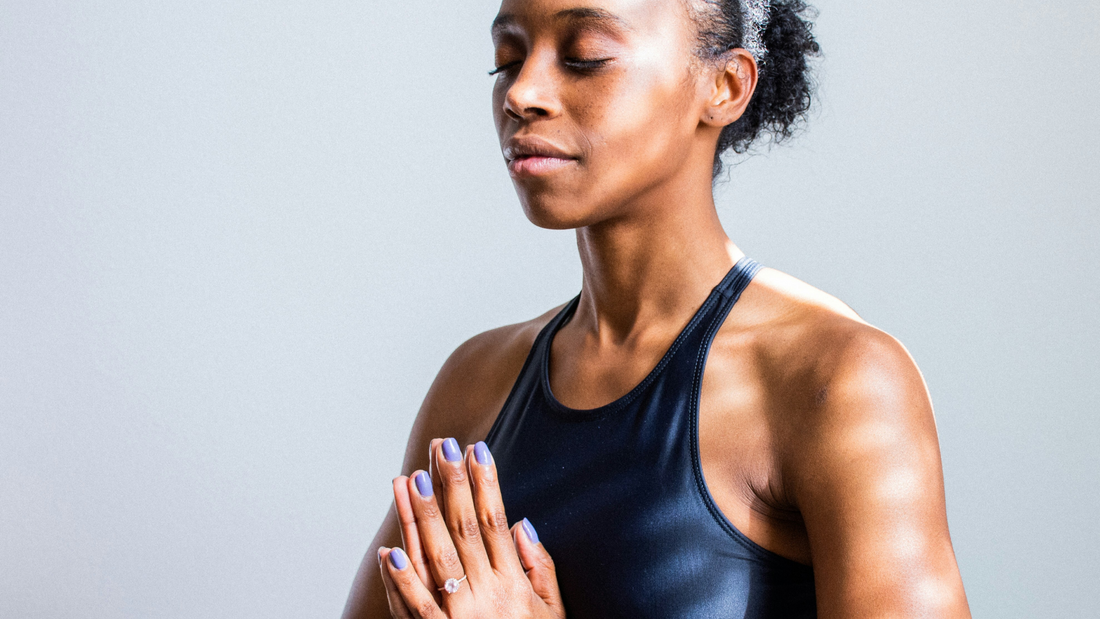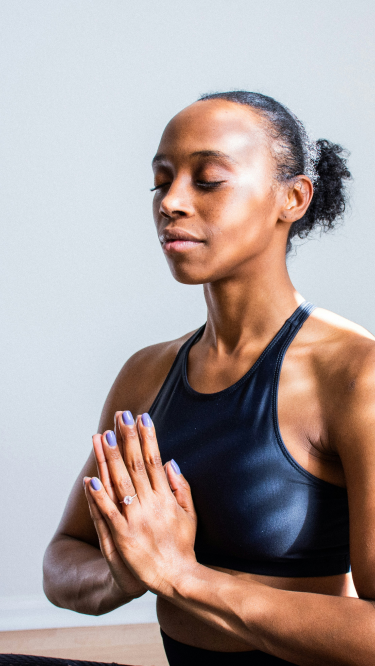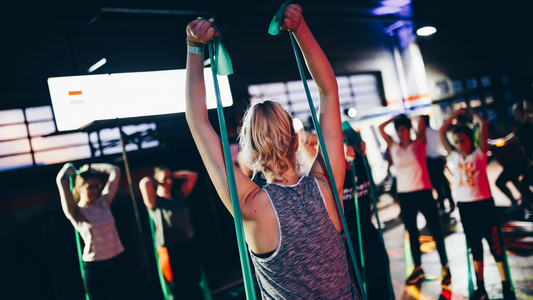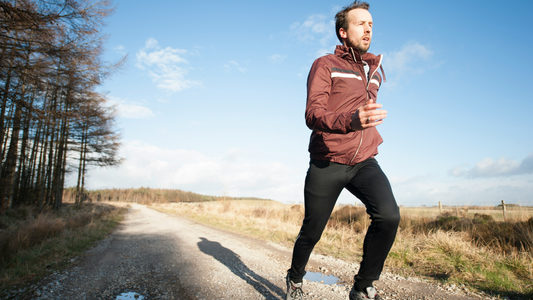

How Does Your Fitness Routine Impact Anxiety?
Many people struggle with mental health issues like depression and anxiety. Almost 20% of Americans suffer from an anxiety disorder, making it incredibly common. Despite this, there is still a stigma around mental health and how to best care for our own mental health.
Understanding your mental health and how to care for yourself when struggling with mental health is key to improving your overall health and wellness. Mental health can impact all aspects of health, including physical health, but this means that improving our physical health can also help ease symptoms of anxiety disorders.
What is anxiety?
Anxiety is an emotion that many people experience everyday, often described as fear, dread, or uneasiness about something. Some people feel anxiety before they have to give a big presentation. A basketball player might feel anxiety when stepping up to the foul line to shoot a free throw that could win their team the game. These cases of situational anxiety are normal and common.
Someone with an anxiety disorder — which most people just call “anxiety” — has outsized feelings of anxiety that are chronic, hard to manage, and can impact their day-to-day life. People with an anxiety disorder often have more extreme reactions to daily stresses and may also experience anxiety symptoms about potential future events that may or may not occur.
Understanding how your fitness routine impacts anxiety is one piece of the puzzle in mitigating anxiety symptoms and the long-term management of anxiety disorders.
What does a fitness routine do for anxiety?
If you suffer from anxiety, building a fitness routine might be a great way to decrease the effects of anxiety in your own life, work toward getting better, and instituting a regular self-care practice. Self care isn’t just taking a bubble bath or having a spa night; self care is making sure that you’re taking care of your basic needs like eating and personal hygiene.
Physical activity is something that everyone needs, like a good night’s sleep or a nutritious meal. Adding physical activity through a fitness routine gives your body the much-needed exertion it needs. A fitness routine also has many benefits for people who deal with anxiety on a regular basis.
In addition, a fitness routine can help keep someone with anxiety on track. With a fitness routine, you want to ensure that you are planning your fitness ahead of time and making it a priority in your day-to-day life. Scheduled workouts make it easier to keep the appointment with yourself and prioritize your fitness routine despite anxiety.
Benefits of an exercise routine for anxiety
When you understand these benefits, you can leverage them to help you in your own life as you manage your anxiety.
Focus on the Here and Now
One of the biggest things people with anxiety deal with is fear or anticipation of something bad that might happen in the future. This can lead to catastrophic thinking or spiraling thoughts.
Exercising puts you back in your body so you’re focused on movement, breath, and power, not whatever it is you’re anxious about. Being present in the moment is one of the best things you can do for anxiety.
Release of feel-good endorphins
When you exercise, the body releases endorphins like serotonin and dopamine. These neurochemicals, sometimes called the “feel-good” hormones, do exactly that — make you feel better. Because the body releases these during exercise, it’s likely that you’ll feel less anxious after exercising.
Sleeping better
Many people with anxiety also report insomnia, which means they are up all night. Anxiety can cause intrusive, racing thoughts making it difficult to sleep. Committing to a fitness routine for anxiety helps tire your body out. When your body is more tired, you need rest, and thus, you are likely to sleep better.
Having more sleep helps all the body’s processes, including those in the brain. Taking care of yourself by getting a good night’s rest will definitely help improve your anxiety symptoms.
Decrease tension in the body
One of the hallmarks of anxiety is tension in the body. Many people feel this in their upper body. Typically people clench their jaw or tighten their neck and shoulders, causing these areas to be painful and sore. A fitness routine can help relieve these tense muscles and make you more comfortable in your body.
This is important; the more tense we are, the more likely we are to be anxious. If we can decrease that tension through something like exercise, it decreases our mental symptoms of anxiety, too.
Using ZOZOFIT to Track Your Progress
As you embrace fitness in your lifestyle, you can use the ZOZOFIT app to track your progress. Scan your full body in less than two minutes for a full 360-degree view of your shape, plus you can also monitor your body fat percentage, set goals to keep yourself motivated and more.

![zf-w-[168px] zf-h-[40px]](http://zozofit.com/cdn/shop/t/15/assets/logo-desktop.png?v=117713855448369080381753069598)


